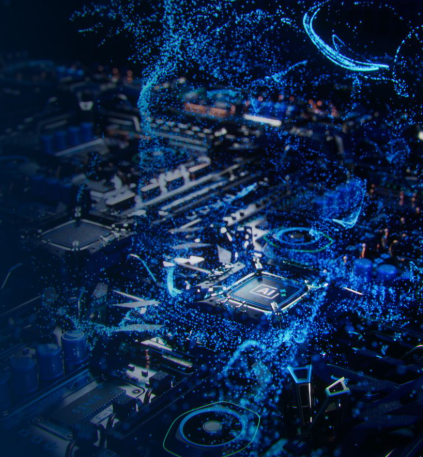Artificial intelligence is making waves in the commodity trading sector, streamlining operations and enhancing strategic decision-making. With the ability to process enormous amounts of data in real time, AI is enabling traders to respond quickly to shifting market dynamics and capitalize on opportunities more efficiently than ever before.
Understanding Commodity Trading
At its core, commodity trading involves the purchase, movement, storage, refinement, and sale of raw materials. These commodities can range from energy products and metals to agricultural goods. The players involved vary widely—from small firms focused on niche markets to global enterprises dealing in diversified portfolios.
Some companies specialize in a single commodity across multiple regions, while others handle a broad array of products within a single supply chain. Regardless of scope, the ultimate objective is to deliver value through effective logistics, risk management, and market insight.
AI’s Role in Modern Trading Operations
Artificial intelligence is emerging as a powerful tool for improving trading efficiency. By analyzing complex datasets, identifying patterns, and generating insights, AI can enhance both operational execution and strategic planning. It helps reduce inefficiencies, cut down on manual processes, and improve overall responsiveness to market changes.
However, for AI to be implemented effectively, firms must tackle issues such as data privacy, user competence, and resistance to change due to fears of job displacement.
Simplifying Complex Supply Chains
The supply chains for soft commodities—such as coffee, cocoa, or grains—are particularly fragmented. These goods are often grown, processed, and shipped across different regions, making oversight a challenge. Managing logistics, maintaining regulatory compliance, and monitoring inventory in such a decentralized setup is no small task.
AI helps unravel this complexity by consolidating real-time data from across the chain and converting it into actionable insights. Traders can use dashboards and analytical reports to make informed decisions, improve logistics, and reduce delays.
Improving Futures Market Strategy
Soft commodities are frequently traded on futures markets, where volatility is high and price shifts can occur rapidly. Traders must constantly stay ahead of trends influenced by everything from weather to political instability.
AI helps mitigate this volatility by offering predictive modeling and scenario simulations. These tools allow traders to test hypothetical situations, forecast price changes, and plan accordingly—offering a strategic edge in volatile environments.
Enhancing Risk Management
Risk management is central to any trading operation. While traditional tools already support functions like market trend prediction and inventory tracking, AI takes it a step further. It enables more accurate forecasting and real-time monitoring of risks.
Machine learning algorithms can detect anomalies, evaluate exposure, and recommend adjustments before losses occur. This allows for a more proactive approach to managing uncertainty.
Ensuring Data Accuracy and Compliance
In a highly regulated industry, maintaining a clear record of transactions and delivery events is essential. AI can automate the tracking of activities, reduce documentation errors, and improve audit readiness. Systems equipped with AI can flag inconsistencies and ensure that documentation is consistent across multiple departments and stakeholders.
What’s Ahead for AI in Commodity Markets?
Looking forward, AI is set to reshape the landscape of commodity trading further. Innovations like machine learning and natural language processing will enhance forecasting capabilities by processing vast amounts of historical and real-time market data. Automated systems will continue to improve trade execution, optimizing timing and reducing human error.
Additionally, the integration of blockchain with AI may bring greater transparency and traceability to transactions, improving supply chain integrity and trust among partners.
Evolving Market Dynamics
As AI adoption increases, the market could become more balanced, with smaller firms gaining access to the tools once reserved for large players. This democratization could lead to a more competitive environment overall.
Meanwhile, job roles in trading are expected to evolve. Execution tasks may increasingly be handled by machines, while human workers will shift toward oversight, strategy, and data interpretation. To remain relevant, professionals will need to adapt by acquiring skills in data science and AI applications.
Conclusion
AI is no longer a futuristic concept—it’s already transforming how commodities are traded around the world. From simplifying logistics to optimizing trade execution and managing risk, artificial intelligence is becoming an essential component of a modern trading strategy. As technologies continue to advance, those who embrace AI will be better positioned to thrive in the rapidly evolving global market.
